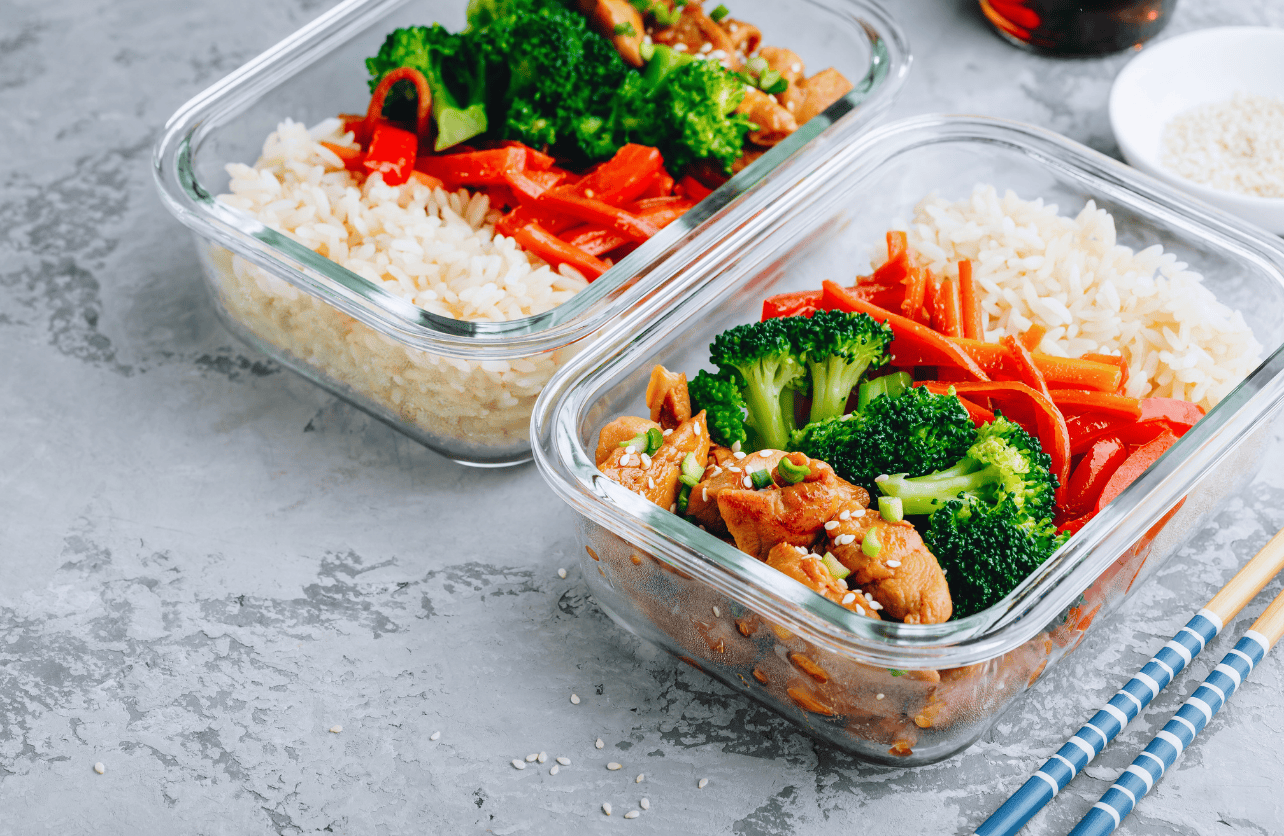The Best Pre-Workout Meals and Timing: What to Eat and When for Peak Performance

Whether you’re hitting the gym, training for a marathon, or simply trying to make the most of your morning workout, what you eat before exercise matters. The right pre-workout meal can boost your energy, improve your endurance, and reduce muscle breakdown. But it’s not just about what you eat—it’s also about when you eat it.
Let’s walk through how to fuel up effectively, based on when you plan to train and what type of session you’re doing.
Timing Is Everything: When to Eat Before a Workout
How far in advance you eat affects what kind of food your body can handle. If you’re eating several hours before a workout, you can digest a more complete meal. But if you’re eating 30 minutes before, you need something light and fast-absorbing. Here’s how to approach both scenarios:
1. 2 to 4 Hours Before Training: Balanced Meal
This is your best-case scenario if you have time. You can eat a full, balanced meal that provides long-lasting fuel without feeling too full when it’s time to move.
What to eat: A mix of complex carbohydrates, moderate protein, and a small amount of fat.
Why it works: Complex carbs give you steady energy, protein supports muscle performance and repair, and a little fat helps you feel satisfied without slowing digestion too much.
Sample meals:
Grilled chicken, brown rice, and steamed broccoli
Oatmeal with protein powder, banana slices, and almond butter
Whole-grain pasta with lean beef and a simple tomato sauce
Aim to finish this meal about 3 hours before your workout to allow time for digestion and absorption.
2. 30 to 60 Minutes Before: Light Snack
If you’re training early or on a tight schedule, a light, carbohydrate-rich snack can still provide enough fuel without weighing you down.
What to eat: Easily digestible carbs with a small amount of protein.
Why it works: This combo raises blood sugar and gives you quick energy without upsetting your stomach.
Snack ideas:
A banana with a spoonful of peanut butter
Greek yogurt with a drizzle of honey
A protein smoothie with oats and berries
A slice of toast with jam and a boiled egg
Try to eat at least 30 minutes before your workout. If your stomach is sensitive, stick to lower-fiber, lower-fat options.
3. 15 to 30 Minutes Before: Quick Energy Boost
Sometimes, you’re about to train and realize you haven’t eaten anything. You don’t need a full meal—just a small amount of fast-absorbing carbs can go a long way.
What to eat: Low-fiber, low-fat carbs that digest quickly.
Why it works: Gives your body immediate glucose for fuel without burdening your digestive system.
Quick bites:
A banana or apple
A few crackers or pretzels
A small granola bar
A rice cake with honey
Avoid anything too heavy or slow-digesting at this stage—this is just about topping up your energy.
What Nutrients to Prioritize
Carbohydrates are your primary pre-workout fuel. They’re stored in your muscles and liver as glycogen and provide energy during training.
Protein helps preserve muscle tissue and may slightly aid performance if consumed before exercise.
Fat slows digestion. A little is fine if you’re eating hours before, but avoid large amounts close to your session.
Fiber can cause bloating or discomfort if eaten right before a workout, especially if you’re doing anything high-impact. Save the beans and raw veggies for later.
Don’t Forget Hydration
Fueling your body isn’t just about food—hydration is just as crucial. If you’re even slightly dehydrated, you’ll feel it in your performance.
Drink 16–20 ounces of water two to three hours before exercise.
Drink 8 ounces 20–30 minutes before.
Sip water throughout your workout, especially if it lasts more than 60 minutes or you’re sweating heavily.
What to Avoid Before a Workout
Certain foods just don’t play well with exercise, especially if they’re consumed too close to your training session:
High-fat meals: Burgers, fries, creamy sauces—they take too long to digest and can leave you sluggish or nauseated.
High-fiber foods: Beans, cruciferous vegetables, and whole grains can be rough on your gut if eaten right before movement.
Sugary snacks: A candy bar might give you a sugar rush, but it will likely lead to a crash mid-workout.
Carbonated drinks: These can cause gas and bloating, making movement uncomfortable.
Listen to Your Body
Ultimately, pre-workout nutrition isn’t one-size-fits-all. Some people can tolerate a full meal an hour before training, while others need more time. The type of workout also matters—a heavy lifting session demands different fuel than a 30-minute jog.
Experiment with timing, portions, and food types until you find what keeps you energized, comfortable, and performing at your best.
Final Thoughts
Eating before a workout doesn’t need to be complicated, but it does need to be strategic. The right foods, in the right amounts, at the right time, can dramatically improve your training experience and results. Whether you’re prepping for a PR in the gym or just trying to power through a tough cardio session, fueling your body is non-negotiable. Plan ahead, eat smart, and train strong.
Building a Stronger You
Supplement Institute is the fruit of extensive online publishing experience, spanning the breadth of SEO strategies to the nuances of paid advertisements. Our journey, marked by significant achievements and learning moments, inspires our core mission: to empower our readers with an abundance of information. By sharing insights and key learnings, we aim to provide you with the knowledge needed to navigate the complex world of supplements, helping you make well-informed decisions for your health and well-being. Welcome to Supplement Institute, where information is your greatest supplement.